The AquaSoS project will use data and tech to tackle pollution, climate change and disease
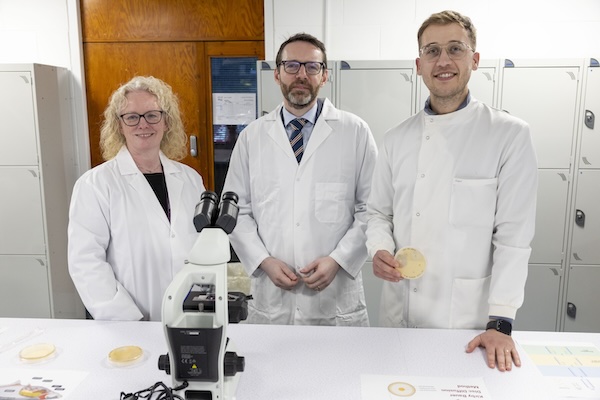
The University of Stirling’s Institute of Aquaculture has launched a £3.5 million (U.S. $4.5 million) initiative to develop a digital tool supporting sustainable aquaculture in Vietnam’s Mekong Delta.
Drawing on expertise from the university’s Division of Biological and Environmental Sciences, the interdisciplinary AquaSoS project will use satellite data, water quality sensors and lab analysis to tackle challenges such as pollution, climate change and disease. By equipping scientists, policymakers and industry leaders with critical ecosystem insights, the tool aims to help balance food production with environmental protection.
“We have chosen to develop our AquaSoS framework in the Mekong Delta in Vietnam because there is multi-species production at scale, but an increasing burden of infectious diseases,” said Professor Simon MacKenzie. “Indeed, infectious diseases in Asian and global aquaculture are a major continuous threat to sustainable production. AquaSoS will be designed to address this problem.”
AquaSoS is one of four projects launched under a £12 million (U.S. $15.4 million) initiative by UK Research and Innovation (UKRI) to strengthen sustainable aquaculture in Southeast Asia. Focused on addressing climate change, food security and community resilience, these projects aim to support the long-term viability of seafood production in the region.
“Rivers, seas and deltas are particularly vulnerable to rising water temperatures, salinization, pollution, and changes in sediment flow due to environmental change,” said MacKenzie. “These changes disrupt ecosystems, reduce biodiversity, and threaten food and water security, disproportionately impacting developing nations such as Vietnam.”
Funded through the UK Government’s International Science Partnership Fund Official Development Assistance budget, the initiative is to be delivered by the Biotechnology and Biological Sciences Research Council (BBSRC) and the Natural Environment Research Council (NERC).
“The University of Stirling is leading the way globally in aquaculture research, and the decades-long work undertaken in Vietnam contributes significantly to the livelihoods of fishermen and communities throughout the Mekong region,” said His Excellency Iain Frew, British Ambassador to Vietnam. “The fundamental work on tackling disease outbreak in Pangasius and efforts to overcome Anti-Microbial Resistance (AMR) will ensure that aquaculture in the Mekong thrives for decades to come.”
Now that you've reached the end of the article ...
… please consider supporting GSA’s mission to advance responsible seafood practices through education, advocacy and third-party assurances. The Advocate aims to document the evolution of responsible seafood practices and share the expansive knowledge of our vast network of contributors.
By becoming a Global Seafood Alliance member, you’re ensuring that all of the pre-competitive work we do through member benefits, resources and events can continue. Individual membership costs just $50 a year.
Not a GSA member? Join us.
Author
Related Posts
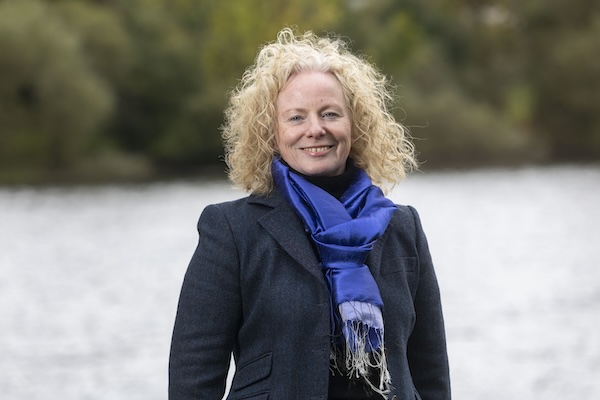
Health & Welfare
Vaccine research project receives $1m to combat antimicrobial resistance in aquaculture
The project advances the vaccine’s commercial development and uptake in Vietnam's aquaculture sector to combat antimicrobial resistance.
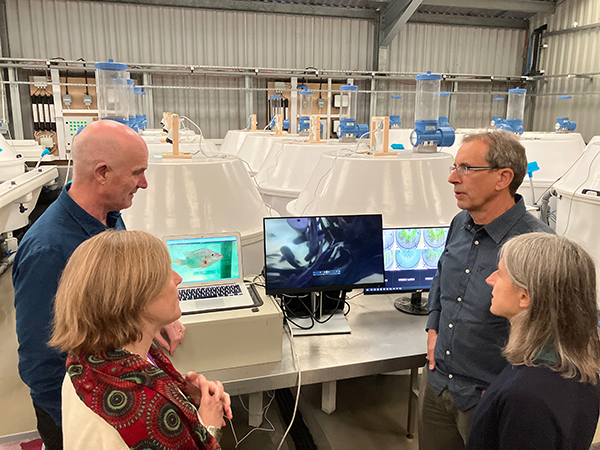
Health & Welfare
Aquaculture research project secures funding to improve farmed fish welfare in Thailand and Vietnam
The University of Stirling has secured funding to improve farmed fish welfare in Thailand and Vietnam, with the aim to enhance fish quality.
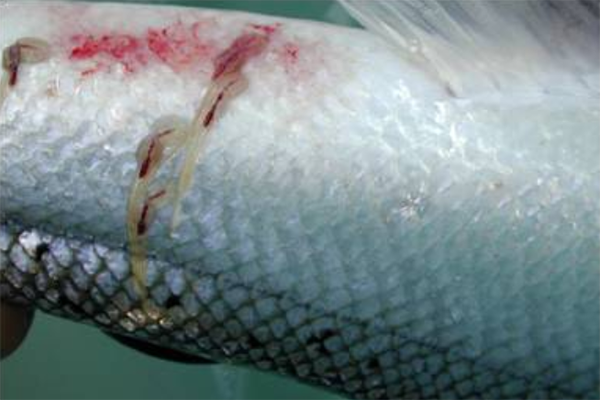
Health & Welfare
Scientists are developing a new ‘groundbreaking’ oral vaccine for sea lice in farmed Atlantic salmon
A new oral vaccine using reverse vaccinology and artificial intelligence may help with sea lice challenges faced by the aquaculture industry.
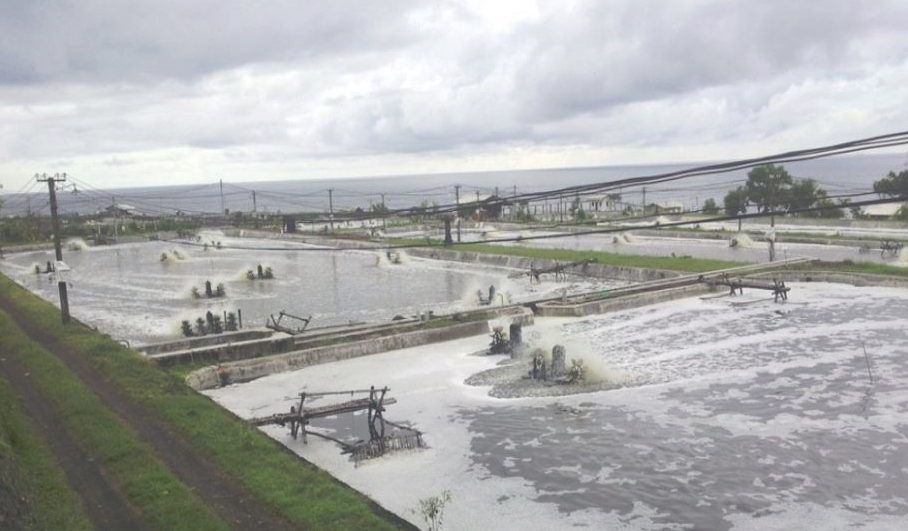
Responsibility
A look at various intensive shrimp farming systems in Asia
The impact of diseases led some Asian shrimp farming countries to develop biofloc and recirculation aquaculture system (RAS) production technologies. Treating incoming water for culture operations and wastewater treatment are biosecurity measures for disease prevention and control.



